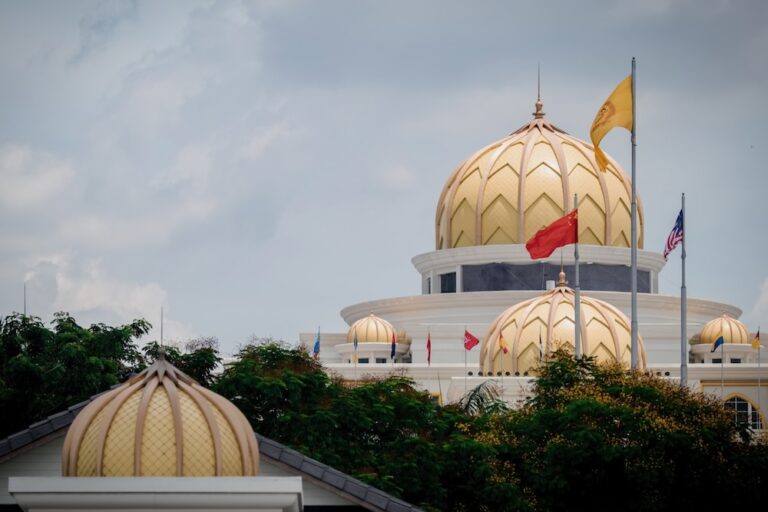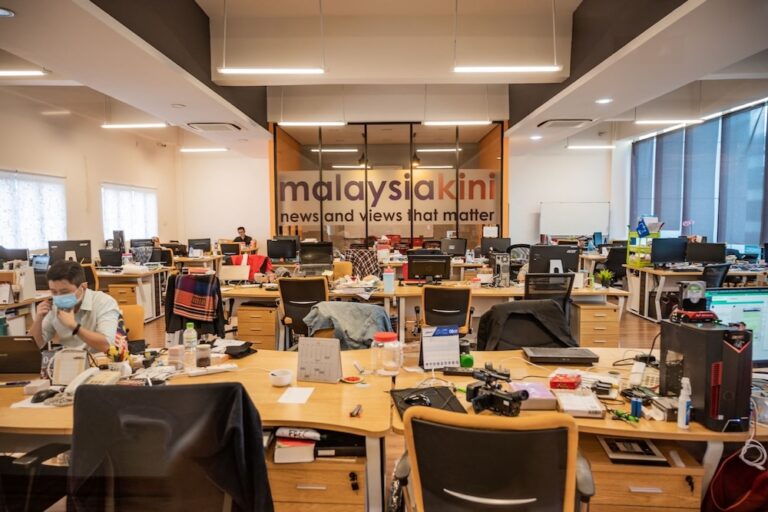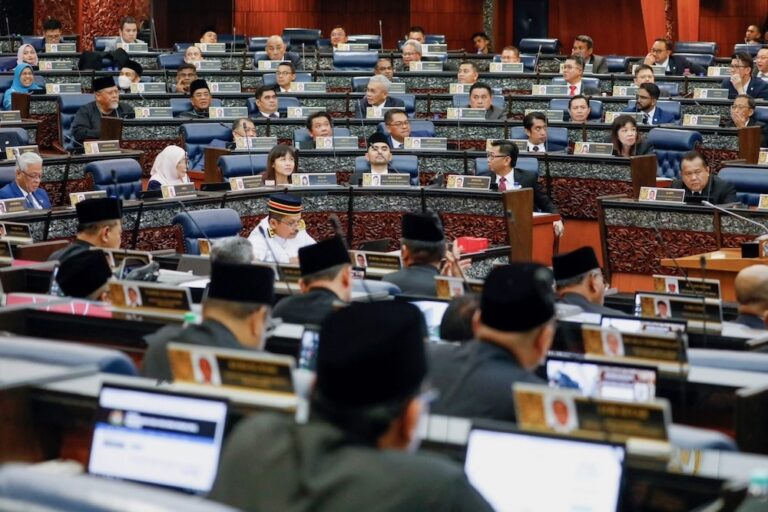During the 27th Session of the UN Human Rights Council, Ireland, together with other countries, will table a resolution to protect civil society space. The realisation of this resolution will lend much needed support to Malaysian civil society at a time when democratic space is rapidly deteriorating in the country.
During the 27th Session of the UN Human Rights Council, Ireland, together with Chile, Japan, Sierra Leone and Tunisia, will table a resolution to protect civil society space. The realisation of this resolution will lend much needed support to Malaysian civil society at a time when democratic space is rapidly deteriorating in the country.
Underneath the rich diversity of Malaysia lays a pervasive and ever-growing culture of control. Malaysian senior ranking political and religious officials are solidifying their power by silencing oppositional and alternative voices, while promoting an agenda based on highly conservative Malay-Muslim political and cultural norms. This dominant discourse has led to the marginalisation and silencing of religious, ethnic, indigenous, linguistic and sexual minorities, as well as the harassment of government critics.
SHRINKING DEMOCRATIC SPACE
Religion, ethnicity and politics are deeply intertwined in Malaysia, and remain a sensitive topic for open discussion. Religious and ethnic communities are segregated in an atmosphere of increasing hostility, and within this context, minority groups are left with quickly dwindling platforms and spaces to participate in social and political spheres, and to speak out.
For example, in March 2014, over 100 Shia Muslims, including children, were arrested whilst gathering for a religious celebration at a park and were released hours later. This echoes the police ban on “Seksualti Merdeka”, an annual sexuality rights festival, in 2011 on grounds that it would cause public disorder.
Also, in direct violation of the right to freedom of expression, Malaysia’s highest court upheld a ban on the use of the word “Allah” by Christians in June 2014. This in effect created a blanket ban on the use of the word for all non-Muslims. This decision followed the seizure of hundreds of bibles containing the word “Allah” by Islamic authorities from a Christian group in January 2014. ARTICLE 19 has also received reports from minority religious groups that they are often intimidated to display symbols representing their faith outside their places of worship.
The banning of gatherings like the Shia celebration sends a direct message to minority groups that they have no claim to space in Malaysia, and feeds into to a climate of fear and self-censorship. These groups already have very limited avenues to voice their concerns, yet in attempting to do so, it might bring about legal charges under one of Malaysia’s many restrictive laws.
RESTRICTIVE LEGISLATION
Malaysia’s Sedition Act of 1948 has evolved from a British colonial relic into a present day weapon craftily wielded by the authorities to silence any form of opposition. Under the Sedition Act, it is a criminal offence to attempt, prepare or conspire to do an act with a “seditious tendency”. This vague terminology provides the authorities with significant discretion in determining what constitutes sedition, and has been shown to include critical comments of the government, monarchy and religious authorities.
On 24 August 2014, Ali Abdul Jalil, 29, attended an interfaith seminar on freedom of expression, freedom of religion and the Internet hosted by ARTICLE 19 and Projek Dialog in Kuala Lumpur. In this space, participants spoke candidly on the threats and challenges to free speech in Malaysia, and together started developing possible solutions. However, the openness of that seminar was short-lived. Two weeks following the event, police arrested and charged Ali under the Sedition Act for Facebook comments that were considered to be insulting to the Sultan of Selangor.
Frighteningly, Ali is not the only person in the dock for such “offences”. The United Nations Office of the High Commissioner for Human Rights reports that, since August, at least nineteen people have been charged or placed under investigation for sedition, some of whom are:
- Malaysiakini writer Susan Loone for reporting on the arrest of a Penang Executive Councillor;
- Associate law professor Dr Azmi Sharom for his comments reflecting on a political crisis in the Malay Mail Online;
- Sabah politician David Orok for posting comments on Facebook that were deemed insulting to Islam;
- Human rights lawyer Edmund Bon was notified that he was being investigated under the Sedition Act for an article he wrote nine months ago about fatwas not applying to non-muslims;
- Assemblyman R.S.N. Rayer for allegedly saying “celaka celaka UMNO” (damn UMNO) once at a state assembly meeting and another time at a campaign rally. (UMNO is Malaysia’s largest political party, led by current president Najib Razak);
- PAS MP Khalid Samad for requesting a review on the Enactment on Islamic Laws Administration 1952 and the Islamic Religion Administration Enactment 2003;
Anyone charged and convicted under the Sedition Act could face up to three years in jail. In addition to the Sedition Act, there are many other restrictive laws that severely threaten the right to freedom of expression for all Malaysians, such as the Penal Code, the Film Censorship Act of 2001, the Printing Presses and Publications Act of 1984, and the Communication and Multimedia Act of 1998, and Section 114a of the Evidence Act.
INTERNATIONAL COMMUNITY
The right to freedom of expression in under serious threat in Malaysia, and there is fear of a downward trajectory should the international community not lend its support. Therefore, the Council must elevate the importance and need to protect civil society space in Malaysia, and globally, by urgently passing this important resolution.


